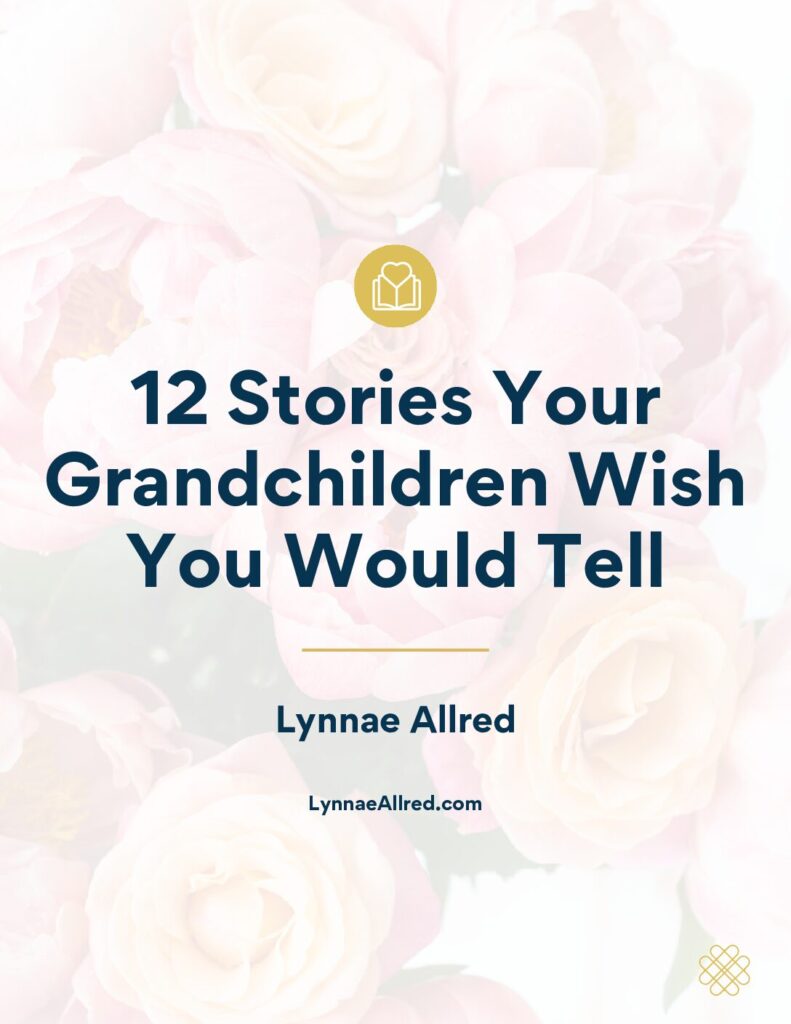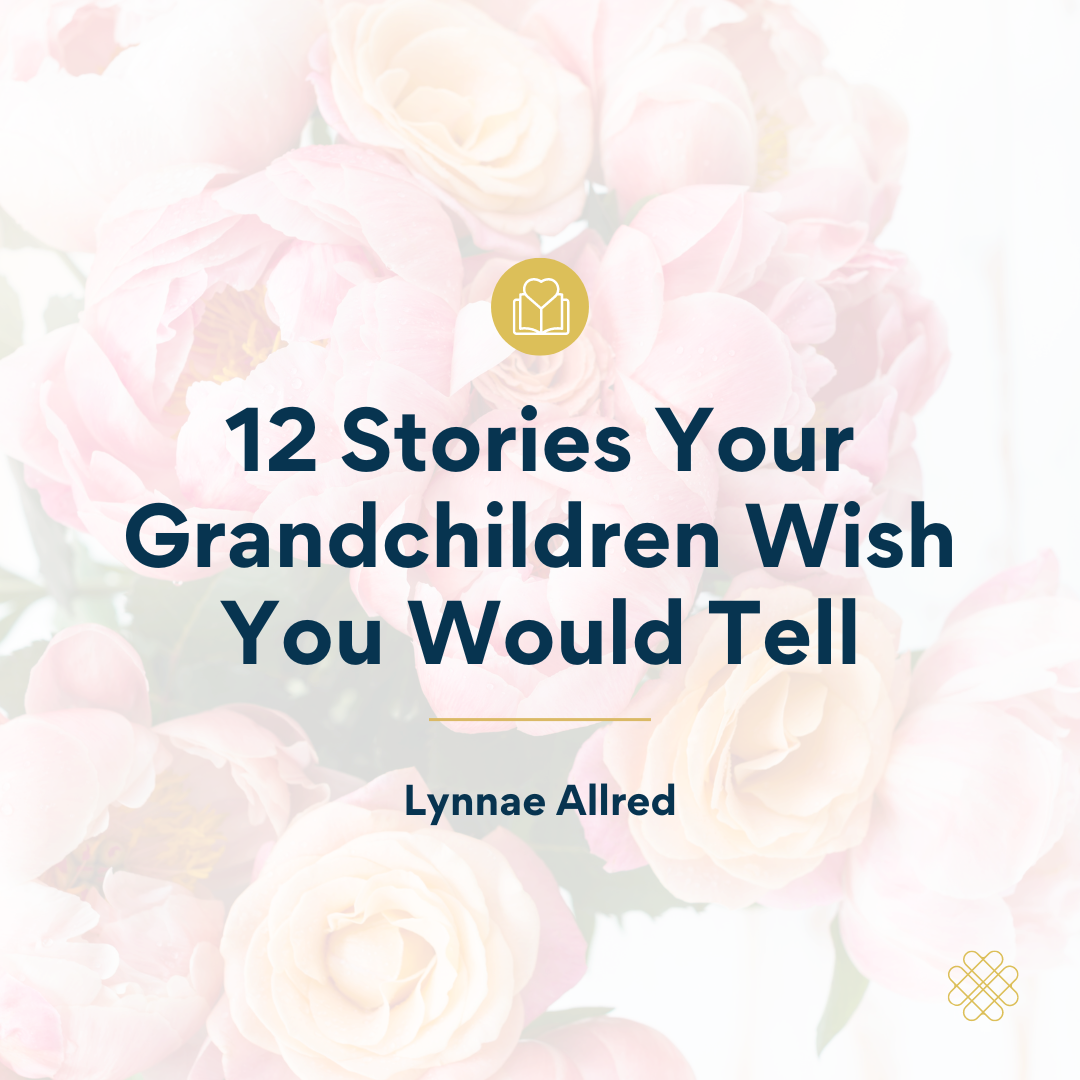My very first oral history interview was with my paternal grandparents. I dragged a borrowed video camera that was as big as a briefcase to their home, plopped down on a chair, and asked them if I could record some of Grandpa’s stories. I had no clue how to manage lighting or audio. I hadn’t even made an appointment with them in advance. But the video I captured that day in 1990 is, as far as I am aware, the only video footage of my Grandfather that exists. He died less than a year later.
I remember one very specific thing about that interview. Grandpa was not well and, because of his gentle nature, was more likely to let Grandma speak for him than offer his own wisdom. If I had it to do again, I’d have interviewed them separately. I remember sitting there feeling very strongly that I wanted to know the answers to two questions:
- Tell me about your faith journey. Why did you leave, and why did you come back?
- Tell me about how you felt when your business went bankrupt. How did it happen and what did you learn from it?
But I was afraid. I felt it would be impertinent to ask those very searching questions. I didn’t want to put Grandpa on the spot by asking about something I had never heard him discuss. I did not follow what I know now was a “prompting” to ask about the hard things. And I have regretted it ever since because those two stories were part of what shaped my grandfather into the good man he was.
I do have access to other records and other people’s thoughts about those two things, but I think Grandpa would have had something life-changing to say about those two experiences if only I’d felt safe enough to ask the questions.
Learning to Ask Good Questions
In my work as an oral history interviewer, I’ve had to learn to take the “nosy journalist” approach. I have learned that some kinds of questions draw out stories people may be a little hesitant to tell. But it’s telling those stories that gets us to the core of who they really are.
I’ve since combined a running list of the questions I think most grandchildren would ask about their grandparents if they felt brave enough to ask hard questions. I’m sharing them here with you because I think you will need to think really hard about the way you write your story. You can tell all about the good times of your life, and that will still be fun reading for your grandchildren.
But if you leave out the difficult parts, there won’t be much in there that will help them find their own way. It’s the difficult experiences you have survived that will become the anchors they will lean on as they navigate their own lives.
You can tell about the hard things in your life with a lot of grace. This isn’t the time to throw yourself or anyone else under the bus, but offering “undeserved kindness and unearned empathy” to those in your stories allows you to share the truth without being whiny, judgmental, or harsh, and will still get enough of the story down that your descendants will be able to learn the lessons of your life in a way that can help improve theirs.
Here are my 12 favorite interview questions that will draw out stories your grandchildren will want to hear. Please add your comments below to add your ideas to the list. What stories do you wish your grandparents would tell you?
- Describe the hometown where you grew up and something funny you remember about those days.
- If you could turn back time and get one do-over, what would you change? What is your greatest regret?
- What is the most important characteristic you developed because you were a member of your family of origin? Tell me the story that illustrates how you learned that personality trait. Do you consider it a blessing or a curse?
- Is there a time you were afraid you wouldn’t make it? What happened?
- What was the most generous thing anyone has ever done for you? Tell me about the person and a little more about this experience.
- Who is the best friend you have ever had? Describe one story of something memorable you did with this person.
- What are you most afraid of right now?
- Tell me about one of the happiest and saddest days of your life.
- What is the biggest challenge that you have ever overcome? Tell me a story about what it felt like to be in the throes of that challenge so I can sense what it was like and sympathize with some of what you felt. Tell me how you overcame it.
- Tell me about the proposal or the time you fell in love.
- Tell me a fun story about something my parent did when you were raising them.
- Explain what you felt when I was born and all about the best, most memorable day you ever had with me, your grandchild. Or, tell me the story of how you learned something from me even though I’m younger than you.
You’ll find a printable PDF of the list right here.



